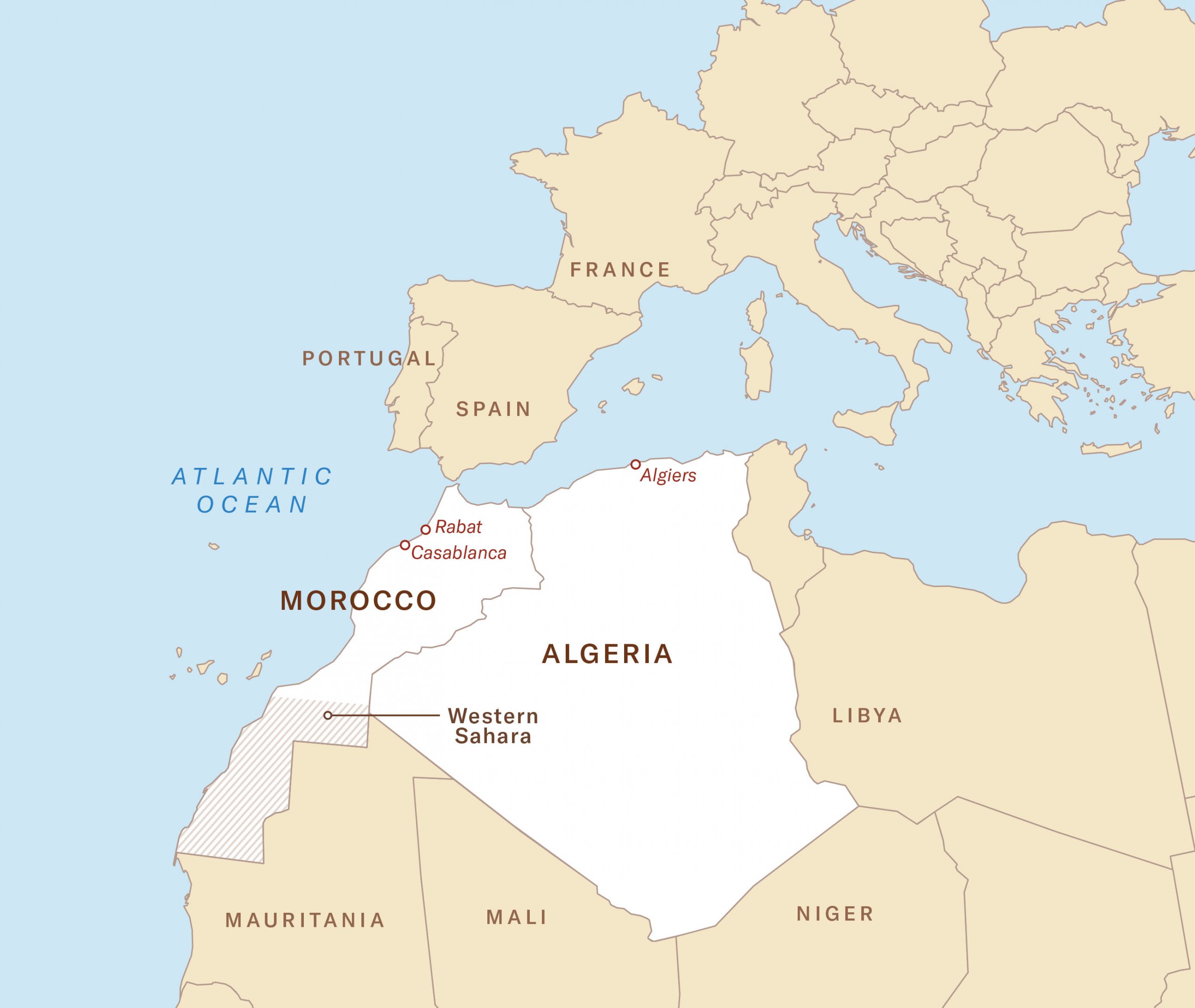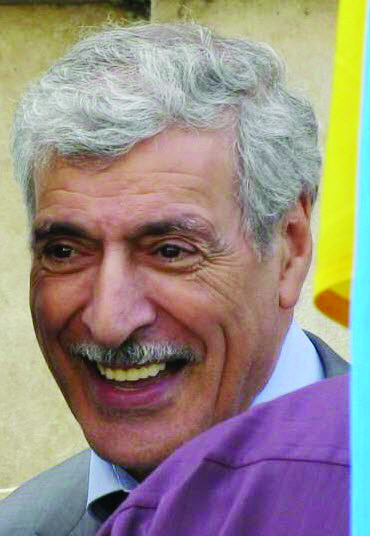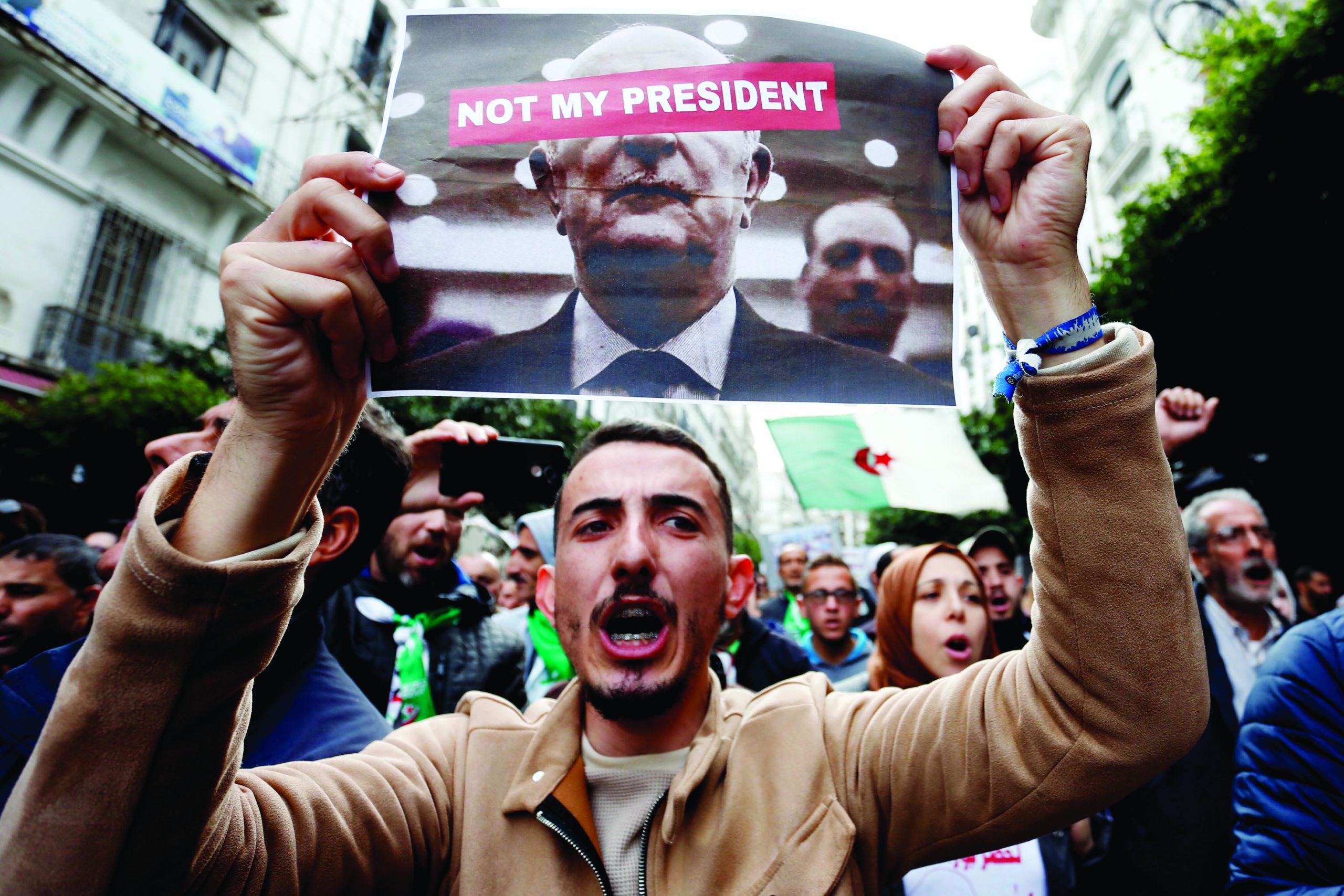On March 30, Secretary of State Antony Blinken visited Algeria, an ally of Russia and one of the major gas producers Europe depends on, following the increase in prices from Russia’s invasion of Ukraine. Blinken’s message was clear: Algeria should limit its ties with Russia, join efforts to secure gas for Europe, and improve diplomatic relations with its neighbor, Morocco, which it declared war on in November. “The international community must increase the pressure on Russia to end this unprovoked and unjustified war,” he stated, hinting at the previous declarations of Algerian President Abdelmadjid Tebboune, who referred to Russia as a “brotherly country.”
However, a few days after Blinken’s visit, Russia’s ambassador to Algeria, Igor Belyaev, announced that an Arab committee, which includes Algeria, will visit Moscow soon to discuss the Ukrainian crisis. It is no surprise that Russia is earnestly trying to gather support as it invades Ukraine. Belyaev also highlighted his concern at what he considered a “sudden change” in Spain’s position on the issue of the Western Sahara, as it expressed support for Morocco’s sovereignty. From a Russian perspective, Algeria is a strategic partner. It is Moscow’s largest client in Africa, and the Algerian military regime is the only reliable friend in the region given the circumstances. Indeed, from 2014 to 2018, Russia supplied the Algerian military with 66% of its weapons.
The Western Sahara
As Algeria has set its imperialist sights on Morocco, it has found itself increasingly isolated by the United States and the rest of Europe. The Western Sahara conflict is at the center of Algeria’s priorities. The U.S. and Spanish recognition of Morocco’s sovereignty over that region, as well as the success of the Abraham Accords, were not welcomed by the Algerian regime. It does not only see these developments as national security threats but as the decrease of Algerian influence and the end of the dream project to one day have access to the Atlantic Ocean. The result has been Algeria cozying up to Russia even more. In the Western Sahara, for example, Algeria relies heavily on Russia to support the Polisario Front, a group declared to be the representative of the Sahrawi people and independence fighters in Tindouf Province, Algeria. Morocco considers this a terrorist group given its infringement of human rights, use of child soldiers, and frequent terrorist attacks.

Russia views this conflict as advantageous to its greater interests and has worked to leverage the situation to maintain its power status in the region and maximize the damage it can inflict on Europe. In fact, the Russian ambassador to Algeria, Belyaev, spoke in favor of Algeria’s Western Sahara position after Blinken’s tour. Belyaev also criticized Spain in an interview with the Algerian channel Ennahar TV, claiming that it has a special responsibility toward the “people of the Sahara” since it colonized the region, noting that “the Spanish government supported the rights of the Sahrawi people.”
Algeria’s Russian-backed expansionist goals carry a real threat of greater destabilization thanks to the country’s status as a major exporter of European gas. In 2021, Algeria was Europe’s third-largest gas exporter. Algeria exported about 83% of its gas to Europe, with Spain and Italy receiving 65% of it. Algeria is not interested in only maintaining lucrative gas contracts with its European partners; it is also actively punishing them if needed to achieve its goals.
For example, after Spain’s recognition of Morocco’s sovereignty and the abandoning of its previous neutral policies last month, Algeria heavily criticized the “abrupt about-turn” and warned of possible gas price increases. This comes after Algiers halted gas exports to Spain via Morocco and declined to renew a 25-year export deal following tensions with Rabat on Oct. 31, 2020. Despite Blinken’s request to reopen the conduit, Algerian media reported that the government had rejected the idea. Madrid is, therefore, forced to import more liquefied natural gas on carrier ships to reduce the risk of shortages and to look for new agreements and partnerships.
Europe is now not only facing critical energy problems as it is actively trying to reduce its dependence on Russian gas but needs to deal with an unreliable, Russian-supported partner in Algeria, too. In a statement to Algeria’s state news agency, Tewfiq Hakkar, the CEO of state-owned oil company Sonatrach, said that despite the Ukrainian crisis and high energy costs, Algeria will maintain low energy prices for its customers. However, he also stated: “We do not rule out auditing prices with our Spanish customer,” suggesting that if gas prices in Algeria were to be raised, the measure would only affect Spain. Algeria clearly sees the Ukrainian crisis as a unique opportunity to put more pressure on the Spanish government, as it also recalled its envoy on March 19. Nevertheless, despite the various attempts to force Europe’s hand, Algeria is degrading its position, since its status as Spain’s leading gas supplier has been displaced by the United States.
A troubled country
The Algerian regime is keen on using energy threats and other tactics to achieve its goals in the Western Sahara. Now that it has the direct support of Russia, at a time when Russia is increasingly courting backers, Europe and its allies should not expect much from negotiations. The only solution would be to reduce energy dependence on Algeria. Moreover, given the domestic problems Algeria is facing, not least the emergence of separatist sects such as the Kabyles and the Hirak movements, as well as high inflation and overall economic instability, the future of Algeria does not seem bright. Algeria is currently in the middle of an economic crisis, to the point where the Algerian government recently made it illegal for minors to purchase vegetable oil, and people are forming long queues for some potatoes, bread, and milk. According to Gallup research, 48% of wheat imports to Algeria come from Ukraine. Given this food reliance and the war in Ukraine, the sociopolitical crisis will only deepen as food insecurity, soaring prices, and shortages look to continue and worsen.

To make matters worse, Algerian generals are fighting each other for power instead of dealing with their failing economy and ethnic tensions. Algeria has a tumultuous history with oppressing minorities, opponents of the regime, dissidents, journalists, and anyone who challenges the status quo. The Kabyles, a Berber minority that calls for the independence of northern Algeria, have been organizing themselves and gathering support and recently have even received the attention of French media. The president of the Kabyle Provisional Government-in-exile, Ferhat Mehenni, who lives in Paris, has openly challenged the Algerian government after it declared the Kabyle movement a terrorist organization and kidnapped and arrested its members.

Since Algeria’s generals are not open to dialogue and are not interested in sharing power or finding a sustainable political solution, the Kabyle conflict will keep on escalating. The specter of the Arab Spring is still haunting Algeria, and it will not be surprising if an attempt to overthrow the government through a mass Kabyle mobilization takes place. If they get support from the international community and gain more visibility, it will be hard to hold them back. Moreover, the political purges orchestrated by Algeria’s president, and the constant leakings of his conversations and records, indicate that he has very close enemies. Like in any corrupted military dictatorship, all the scenarios for a possible coup or revolution are on the table, and any future partnerships with Algeria should make Europe think twice.
The French connection
Economic instability and the prospect of revolution in Algeria pose greater consequences for certain European nations even beyond gas and energy supplies. For instance, Algeria occupies a special and yet underestimated position in French elections. In July 2020, Algerian President Tebboune declared that there are 6 million French people of Algerian origin, emphasizing how important and influential the Algerian diaspora is. It is in the interests of the Algerian regime to have in power a friendly French president, and the Algerian press already have a favorite: Jean-Luc Melenchon of La France Insoumise. This is in contrast to French President Emmanuel Macron, who embarked upon a diplomatic battle with Algiers last year with his remarks accusing the Algerian “politico-military” system of maintaining a “memorial rent” by providing its people with an “official history … not based on facts.”
Neither does Algeria favor far-right candidate Eric Zemmour, despite being of Jewish-Algerian origins, which, according to Algerian media outlet TSA, “do not fit with his openly anti-Algerian discourse.” Indeed, Zemmour went even further than Marine Le Pen’s father, Jean-Marie Le Pen, by openly justifying French government war crimes, claiming that it had reduced the number of attacks committed on Algerian territory during Algeria’s war for independence. In addition, he defended French colonization and occupation and later refused to apologize, which provoked outrage. It is obvious that the Algerian regime would at this point prefer to deal with Marine Le Pen, who nowadays passes for a centrist, over Zemmour.
The outcome of the French elections will be decisive for Algeria. A nonfriendly or noncooperative France would question the legitimacy of Algeria’s politicians, which would put the Algerian regime further in danger since it relies heavily on French compliance to maintain its credibility. Given the uncertainty, Algeria is already looking for more loyal friends, and Russia so far has seemed more than willing to help. It remains in Russia’s interest to dissuade Algeria from providing support to a Europe in desperate need of gas in exchange for weapons and support in the Western Sahara. The overwhelming domestic problems Algeria is facing, which might trigger a popular uprising, would also further jeopardize Europe’s gas needs. The speed at which Algeria is deteriorating should make the European Union raise its alarms. It should push countries such as Spain, Portugal, and Italy, which are still dependent on Algerian gas, to look for more reliable partners and explore other options.
Zineb Riboua is a master of public policy candidate at the McCourt School of Public Policy, Georgetown University. She is also a writer, publishing her work on Substack.
